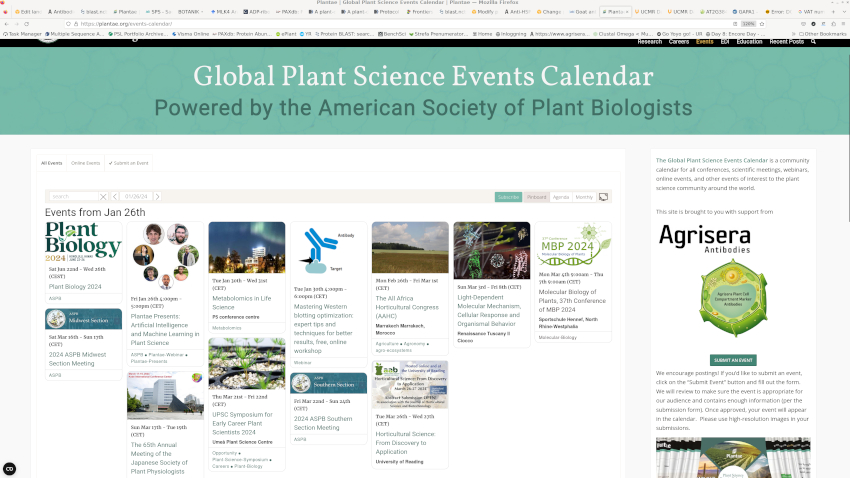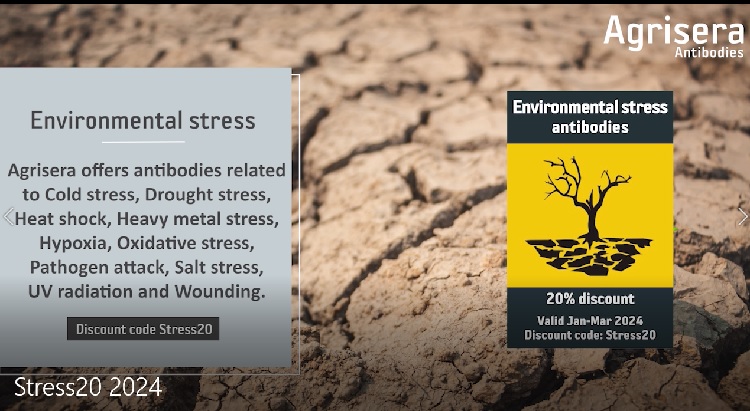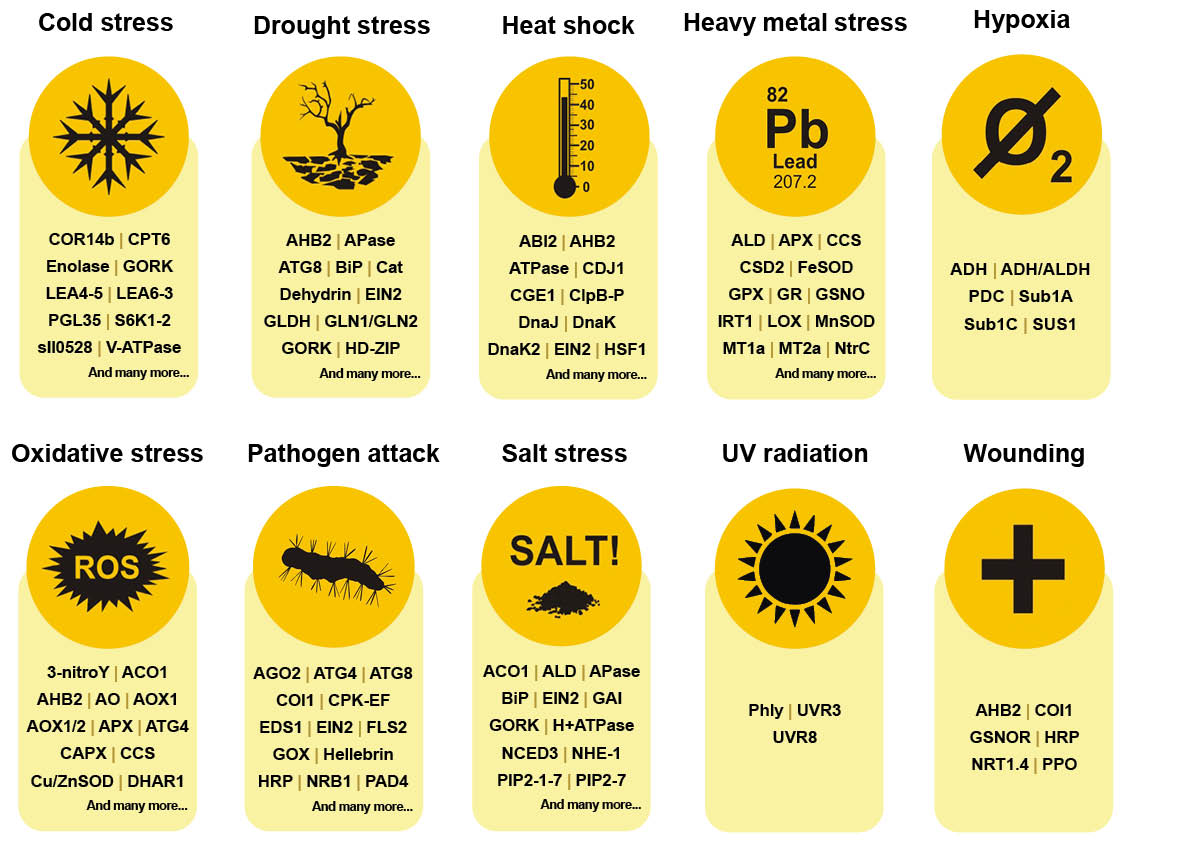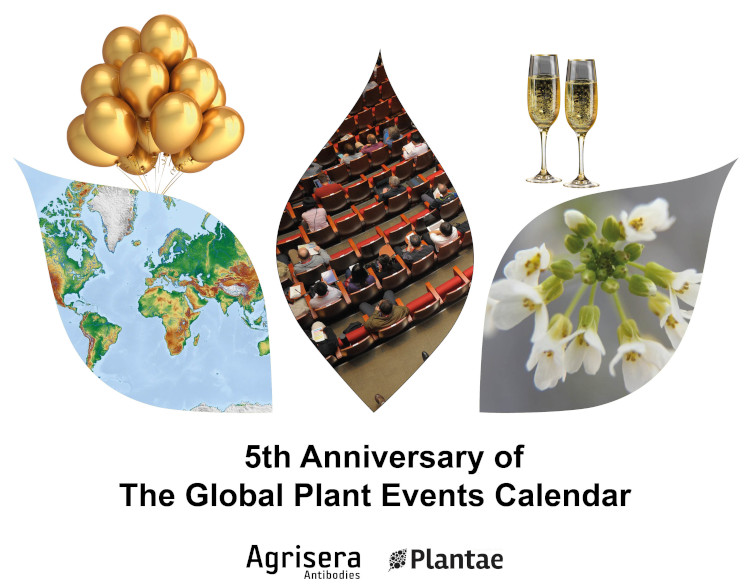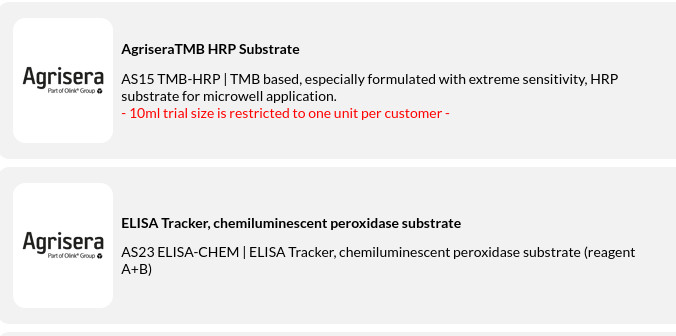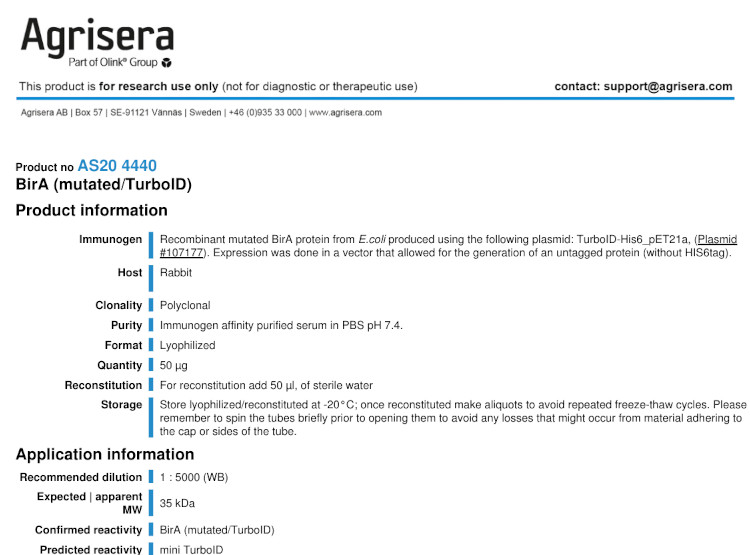Agrisera Western blot workshop with BiotechnoLabs, Agrisera distributor in India
| On January 30th, Agrisera conducted a free online Western blot workshop together with our distributor in India, BiotechnoLabs. The workshop was also opened for worldwide participation. We had the pleasure to connect with researchers from India, Czech Republic, Poland, Spain, Portugal, France, Germany and the UK. The workshop was presented by Dr. Joanna Porankiewicz-Asplund, Agrisera's Technical Support Manager. Joanna shared her extensive knowledge and vast experience of 20+ years of using this widely employed protein analysis technique. The workshop consisted of two parts, including a 10 minute break for coffee and the Agrisera Antibody and Western blot Quizzes, which were very well attended. Many interesting questions were asked. Participants also had a chance to win an Agrisera high-titer secondary antibody and 2 ECL reagents, in quizzes with questions about antibodies and the Western blot technique. Each participant of the workshop received a pdf of the presentation, with links to additional information, as well as the recording of the workshop for the future use.  If you are interested in this type of online workshop to be held at your institution, please contact us! | Some feedback we received after the workshop: "Many thanks for the wonderful presentation. We really enjoyed the informative presentation." "Thank you again for the very Interesting and Informative Workshop. I would like to ask if It would be possible for me to receive the PowerPoint, since it was very well-made, and I'd like to share it with some coworkers." "Thank you for such an informative and helpful presentation! You've answered many questions I had (and even some I didn't know I had!) about Western Blots." "I participated in your amazing presentation today and I would like to receive the recording, presentation and certificate." 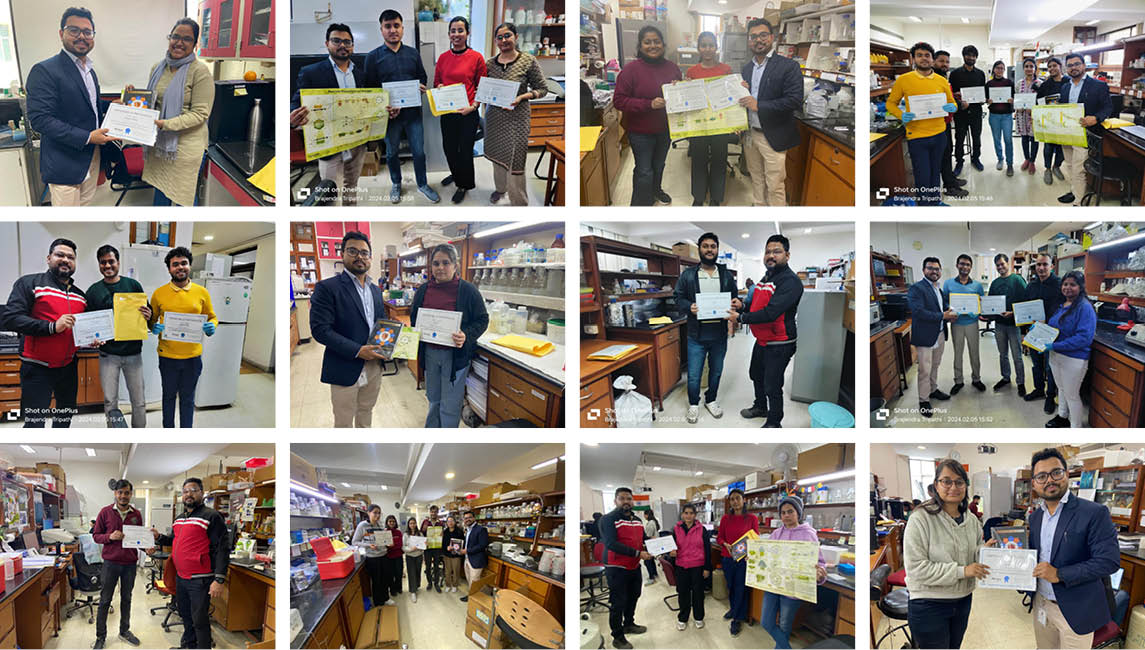 Images of workshop participants, courtesy of Brajendra Tripathi. |

